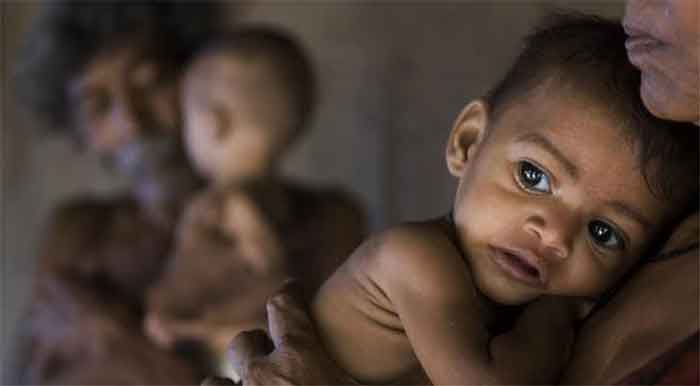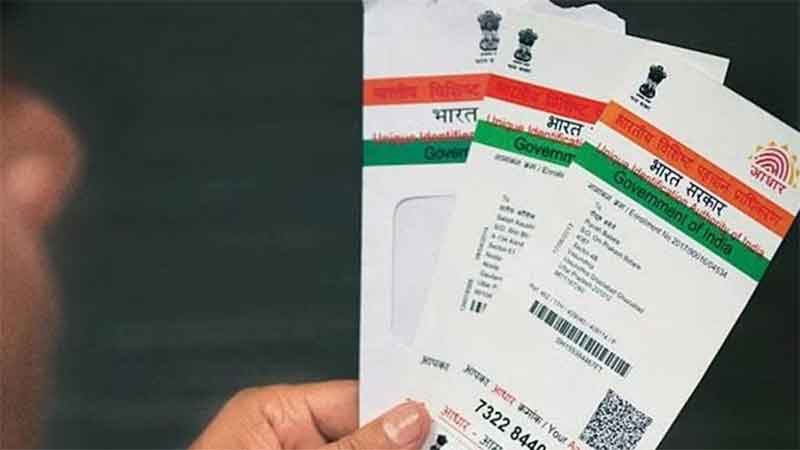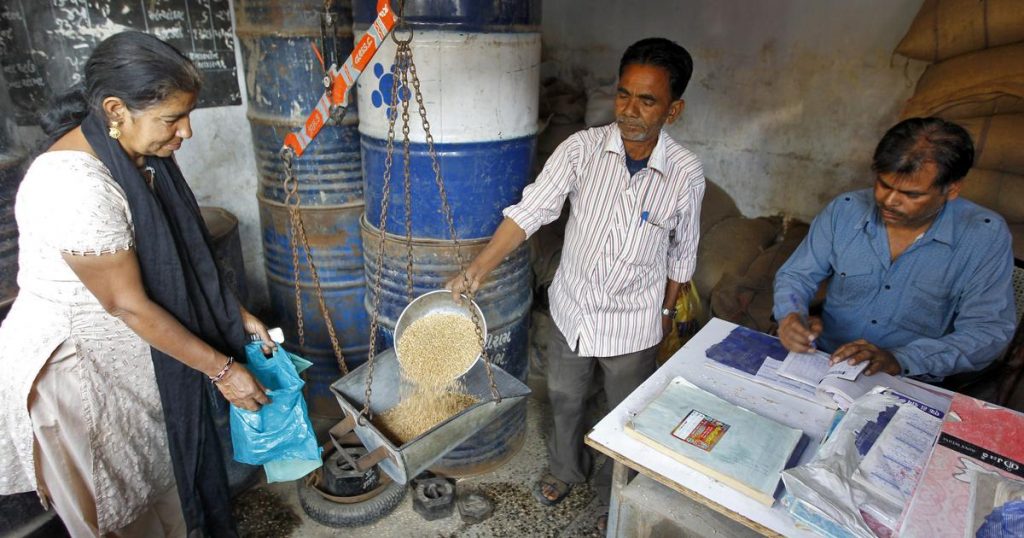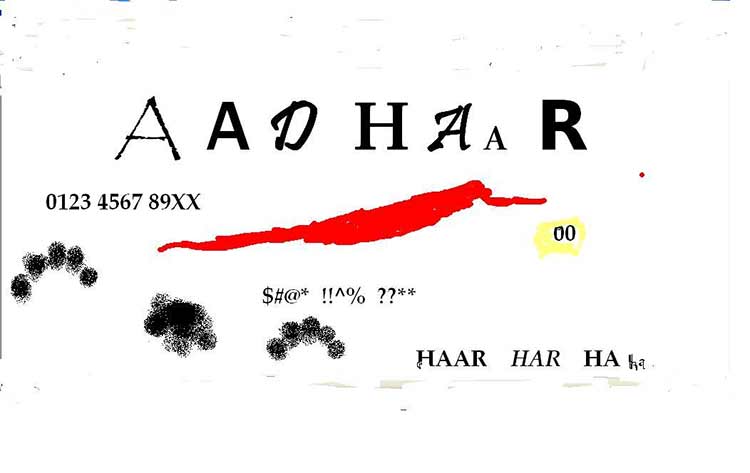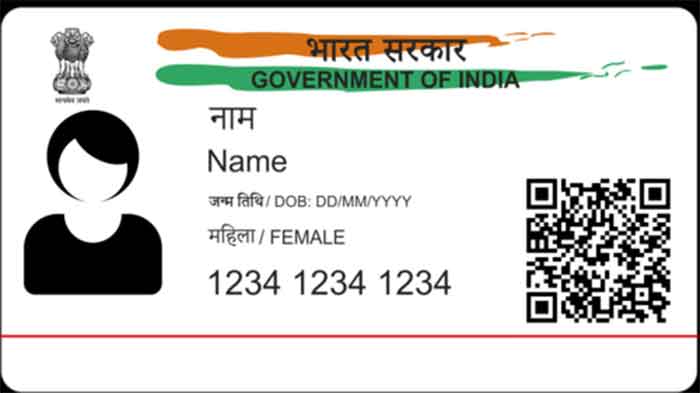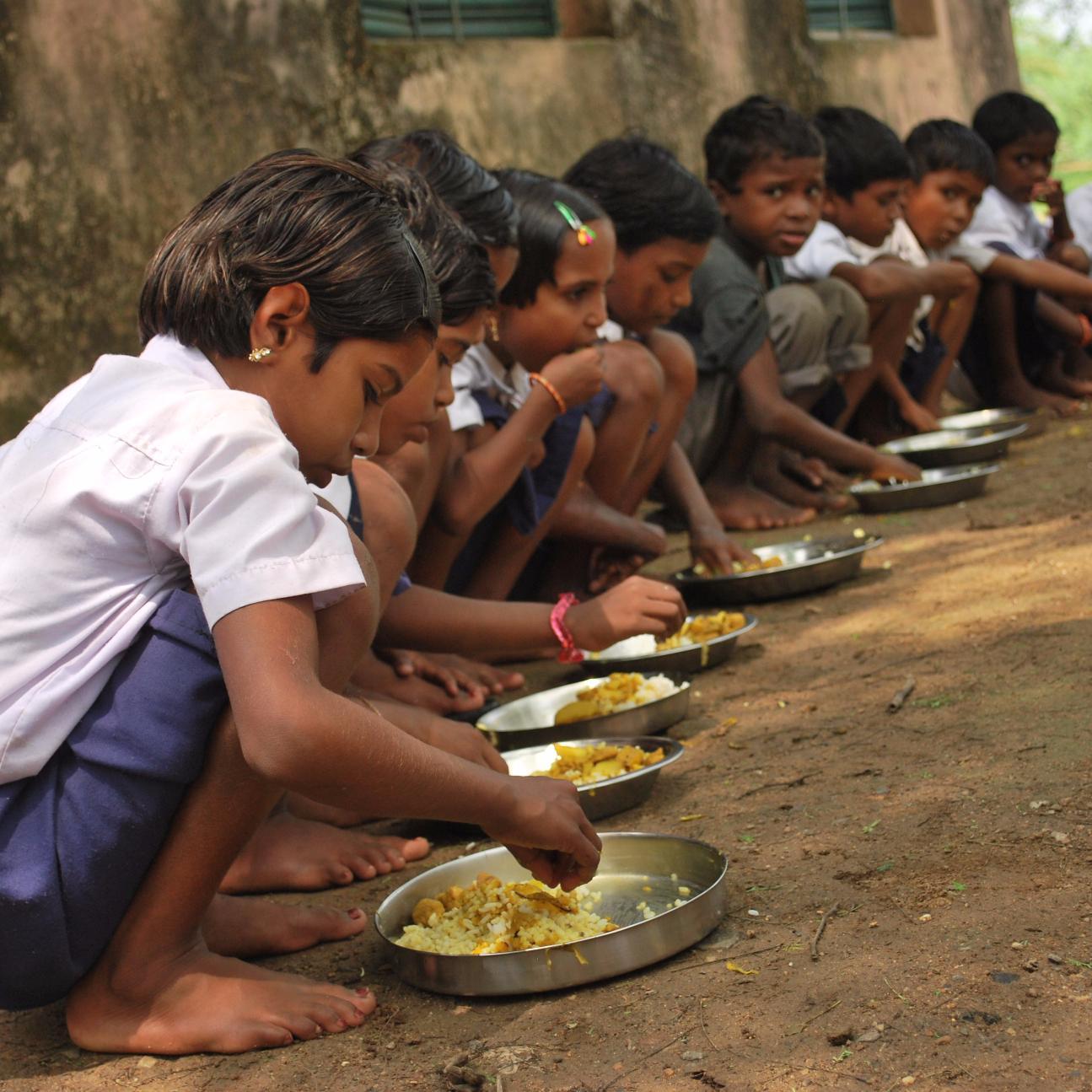
The right to food campaign strongly opposes the central government’s move to make Aadhaar compulsory for children under the midday meal scheme in government schools. This is nothing but an attempt to coerce people to enrol their children under Aadhaar.
School meals are an important entitlement of Indian children, legally enforceable under Supreme Court orders as well as under the National Food Security Act. Numerous studies show that India’s midday meal scheme has made an important contribution to higher school attendance, better child nutrition and more effective learning. Midday meals also helP to break the barriers of class and caste by imparting to children of diverse backgrounds a habit of sharing meals.
No conditionalities can be imposed on this critical entitlement of Indian children. Making Aadhaaar compulsory for the midday meal would serve no purpose, and is bound to disrupt instead of helping this important programme. Further, this move is a violation of Supreme Court orders.
In a series of orders, the Supreme Court has made it clear that Aadhaar cannot be made compulsory for any services to which people are otherwise entitled. It has also made it clear that the Aadhaar Act does not supersede these orders, until such time as the Court settles the issue of compatibility of Aadhaar with the right to privacy.
During the last few years, Aadhaar has been made compulsory for a growing list of welfare schemes, under the garb of making them more effective. In fact, this imposition has led to serious disruptions, such as elderly people without Aadhaar being bumped off pension lists, NREGA workers being denied their wages due to Aadhaar seeding errors and PDS cardholders being deprived of their food rations because of technical glitches with Aadhaar-based biometric authentication. The government has paid no attention to the mounting evidence of these disruptive effects. Reason: the real purpose of this drive is to put pressure on people to enrol with Aadhaar. The need of the hour is to stop this rampage, not to extend it further, least of all to programmes like midday meals that are critical for the wellbeing of Indian children.
The right to food campaign demands immediate withdrawal of the illegal notification seeking to make Aadhaar compulsory for midday meals. It also calls on state governments to desist from implementing this illegal notification.
Steering Committee of the Right to Food Campaign:
National Networks: KavitaSrivastava and DipaSinha (Conveners Right to Food Campaign), Annie Raja, (National Federation for Indian Women), Colin Gonsalves , (Human Right Law Network), Aruna Roy, Nikhil Dey and Anjali Bhardwaj, (National Campaign for People’s Right to Information), Madhuresh, ArundhatiDhuru and UlkaMahajan (National Alliance of People’s Movements), KashinathChatterjee and Asha Mishra (Bharat GyanVigyanSamiti), Ashok Bharti (National Conference of Dalit Organizations), AnuradhaTalwar, GautamModi and MadhuriKrishnaswamy (New Trade Union Initiative), BinayakSen (People’s Union for Civil Liberties), SubhashBhatnagar (National Campaign Committee for Unorganized Sector workers), Paul Divakar and AshaKowtal (National Campaign for Dalit Human Rights), Mira Shiva, RadhaHolla and Vandana Prasad (Jan SwasthyaAbhiyan), Ranjeet Kumar Verma, Prahlad Ray, Praveen Kumar, AnandMalakar (RashtriyaViklangManch), LaliDhakar, Sarawasti Singh, ShilpaDey and RadhaRaghwal (National Forum for Single Women’s Rights), G V Ramanjaneyulu, KavitaKuruganthi (Alliance for Sustainable and Holistic Agriculture), Jashodhara (National Alliance for Maternal Health and Human Rights), Ilango (National Fishworkers Federation), Zasia, Sonam, and Noor Jehan (Bhartiya Muslim MahilaAndolan)
State Representatives: M Kodandram, Rama Melkape, VeenaShatrughana (Andhra Pradesh), Gangabhai and Samir Garg (Chhattisgarh), Abhay Kumar (Karnataka), Suresh Sawant, MuktaSrivastava (Maharashtra), Balram and James Herenj, Gurjeet Singh, Dheeraj (Jharkhand), Ashok Khandelwal, Shyam and Vijay Lakshmi (Rajasthan), Sachin Jain (Madhya Pradesh), Joseph Patelia, SejalDand, Neeta Hardikar and (Gujarat), Saito Basumaatary, RajuNarzari, BonditaAcharya and Sunil Kaul (Assam), Rupesh, (Bihar), V Suresh (Tamil Nadu), BidyutMohanty Raj Kishore Mishra, (Orissa), Ranjeet Kumar Varma, Bindu Singh, Sabina and Richa (Uttar Pradesh), Amrita Johri, Abdul Shakeel, Vimla, Koninika Ray and Rajender Kumar (Delhi), Fr Jothi SJ and Mr. Saradindu (West Bengal)
Individual Representatives: ManasRanjan, Vidya Bhushan Rawat, Ankita Aggarwal, Swati Narayan, Ritu Priya and Aditya Shrivastava

